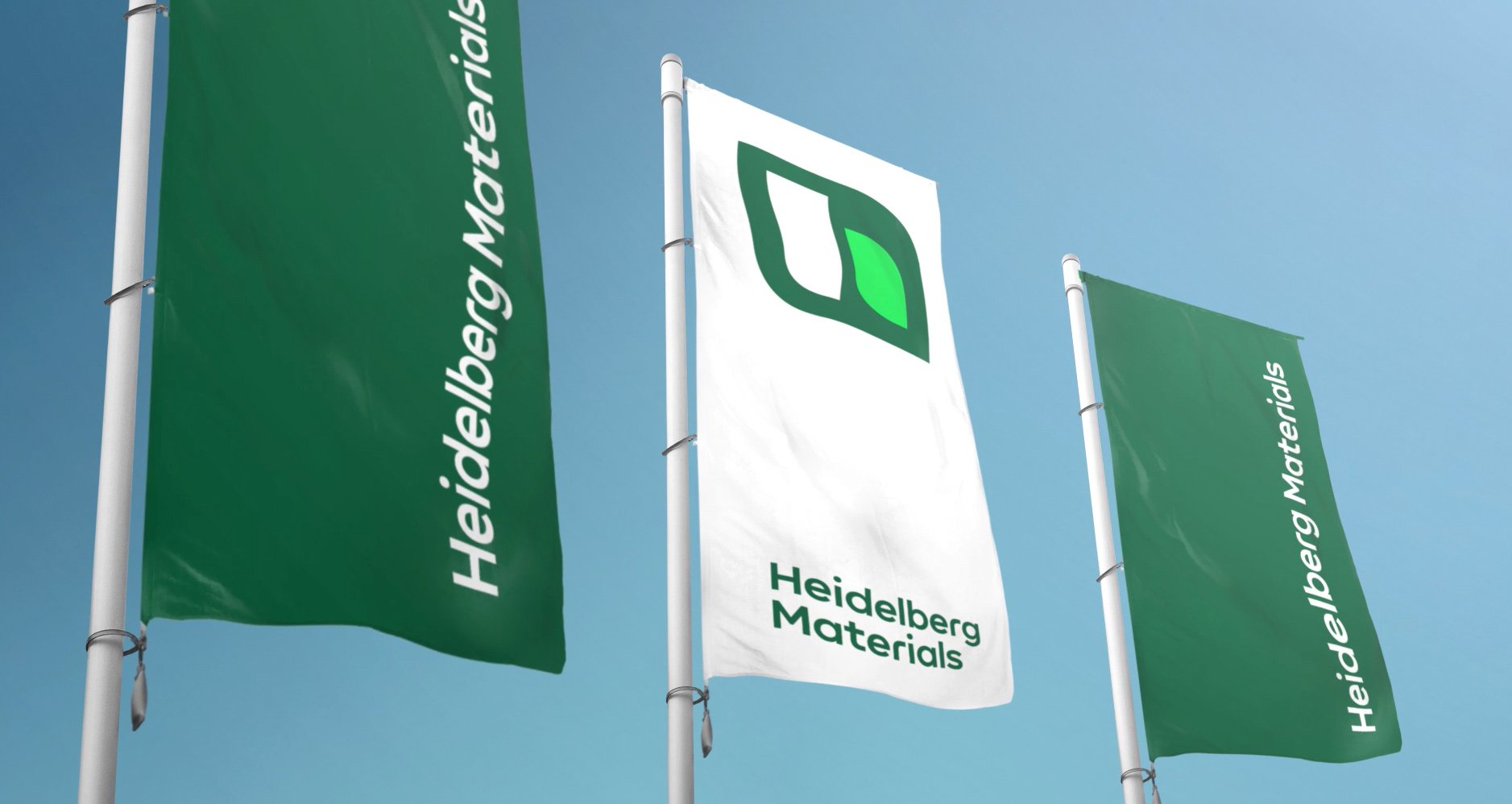Heidelberg Materials and Volvo join forces to reduce carbon emissions of loading and hauling activities in the construction industry
- Heidelberg Materials and Volvo sign collaboration agreement to investigate the use of electric vehicles for loading and hauling activities at Heidelberg Materials Northern Europe
- Electrification of the fleet has the potential to significantly reduce CO₂ emissions in the region by up to 200,000 tonnes per year
- A joint feasibility study aims to map, tailor, and implement a complete CO₂ reduction programme throughout the operations considering transport and loading activities
Heidelberg Materials has signed a collaboration agreement with Volvo Group with the potential to significantly reduce carbon emissions in the construction industry. The aim is to jointly investigate and develop how the loading and hauling needs of Heidelberg Materials can be solved with the help of electrified vehicles and related services. As part of the agreement, Volvo Group’s emission-free solutions, a mix of its electric trucks and construction equipment machines, will be put to work in several Heidelberg Materials’ Northern European sites and quarries.
In the Northern Europe region, land-based transport accounts for a total of 6% of the value chain carbon footprint. Electrification of the Northern European fleet has the potential to reduce annual CO₂ emissions by up to 200.000 tonnes. In addition, electrified vehicles provide a quieter and better work environment.
“The partnership with Volvo is a lighthouse project in our industry and has the potential to significantly push the decarbonisation of our entire value chain in Northern Europe. We look forward to working together to identify and implement state-of-the-art solutions for a fast climate transition in the construction sector,” says Heidelberg Materials CEO Dr Dominik von Achten.
Martin Lundstedt, CEO and President of Volvo Group, says: “New collaborative partnerships like this address climate change across the value chain. While we are focused on reducing carbon emissions for both our products and our own operations, we are also committed to helping our customers to lead by example, through innovative, well-orchestrated collaborations that deliver much-needed change.”
A six-month joint feasibility study will evaluate which emission-free vehicle technology and charging infrastructure will best suit the requirements of Heidelberg Materials’ operations regarding operating efficiency, maintenance and charging at the sites. The holistic study will provide a unique opportunity to map, tailor and implement a complete CO₂ reduction program throughout the operations considering transport and loading activities. The project will mainly focus on the larger sites in the region, with the first vehicle in operation at the cement plant in Slite, Sweden, already this summer.
About Heidelberg Materials
Heidelberg Materials is one of the world's largest integrated manufacturers of building materials and solutions with leading market positions in cement, aggregates, and ready-mixed concrete. We are represented in more than 50 countries with around 51,000 employees at almost 3,000 locations. At the centre of our actions lies the responsibility for the environment. As the front runner on the path to carbon neutrality and circular economy in the building materials industry, we are working on sustainable building materials and solutions for the future. We enable new opportunities for our customers through digitalisation.

